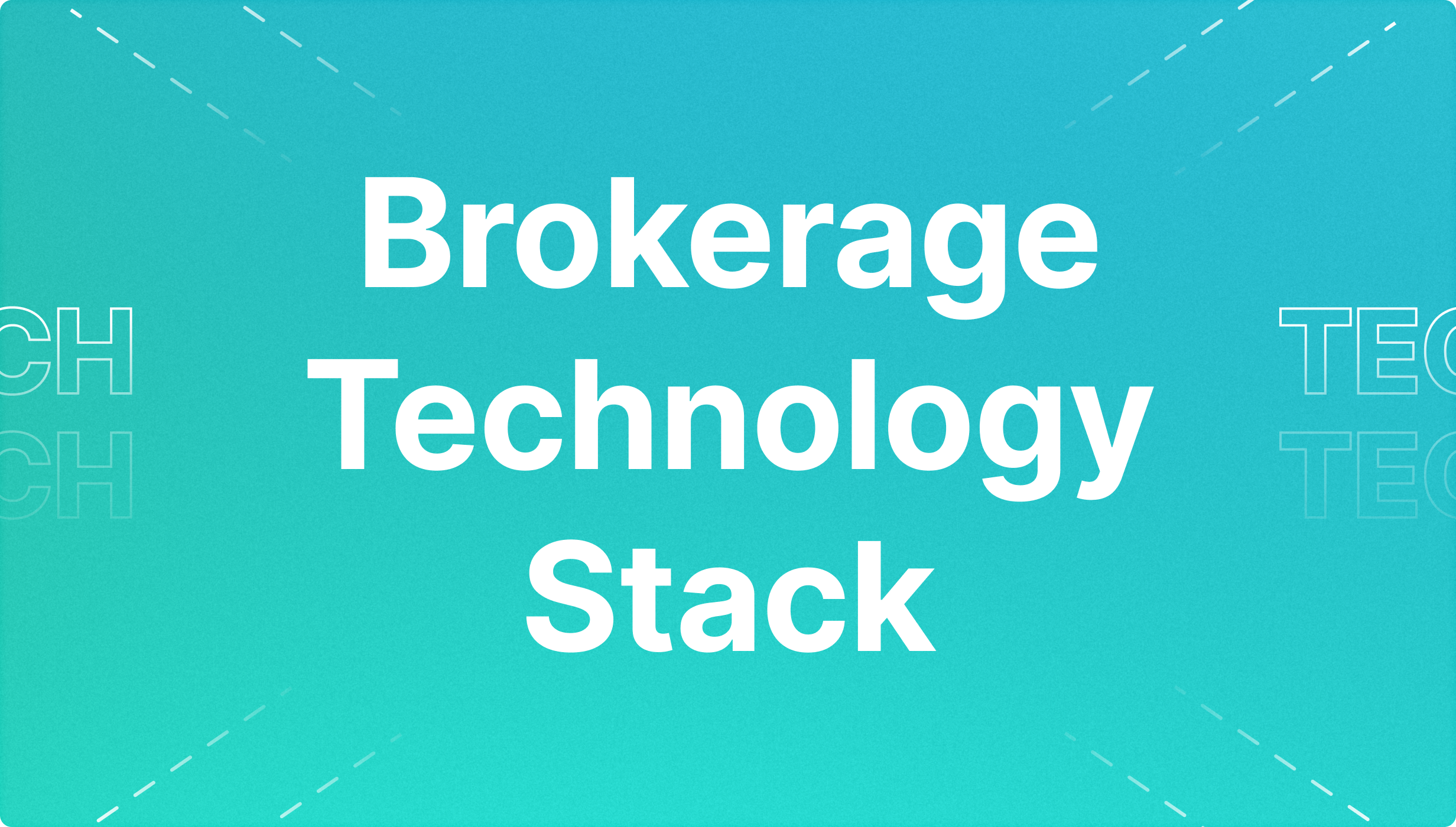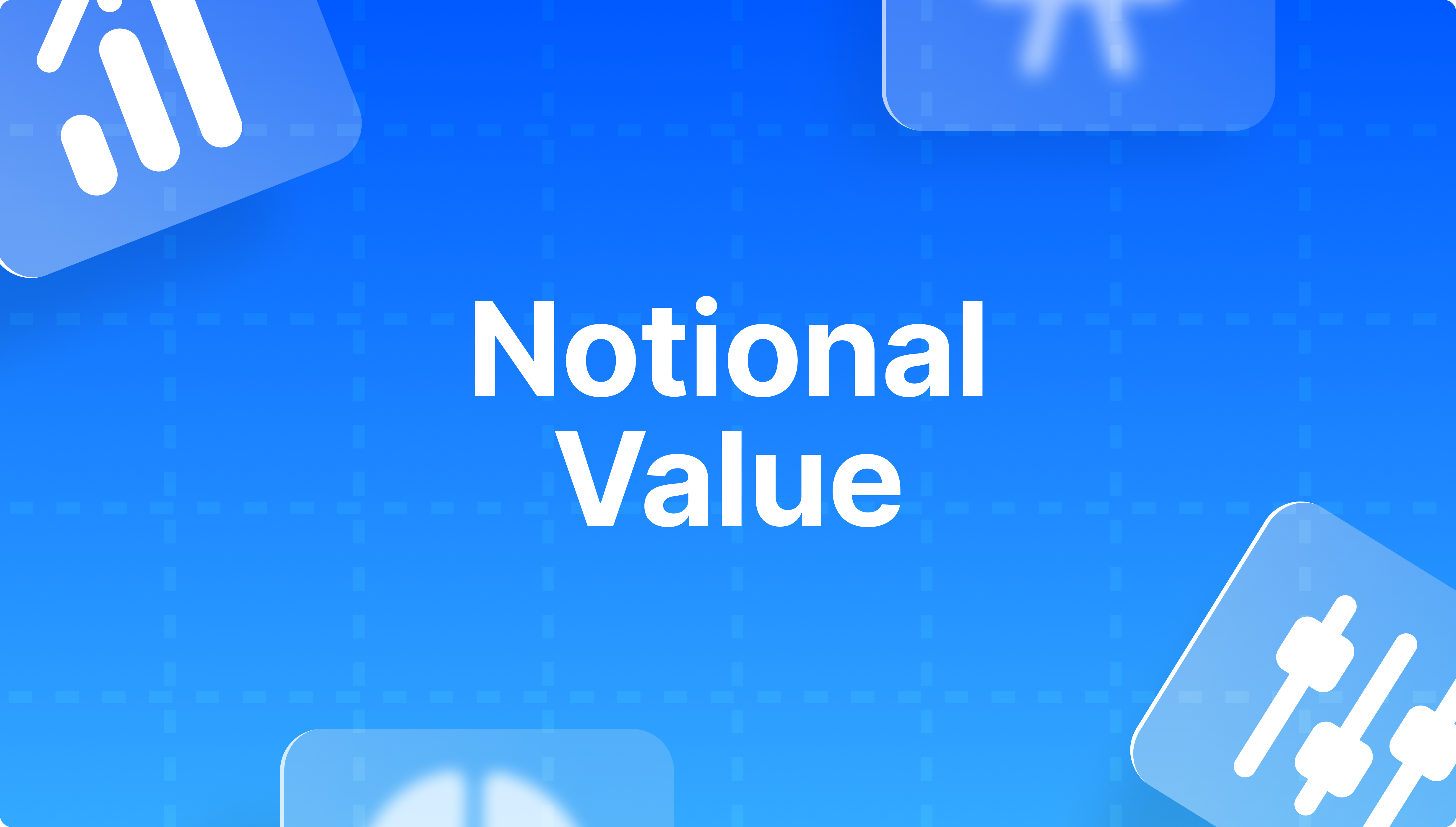Cryptocurrency Exchange vs. Cryptocurrency Brokerage: What’s the Difference?
Articles


In the growing cryptocurrency industry, there are several ways how users can buy, sell, stake, or exchange their digital assets. As of today, the two most popular ways are cryptocurrency exchanges and cryptocurrency brokerages. They might sound similar, yet they are different. Crypto brokerage enables indirect trading by moderating between customers and the market. A crypto exchange also serves as an intermediary, but exclusively between traders. However, it is more than just that.
Proceed to read further to find out in-depth what cryptocurrency brokerages and cryptocurrency exchanges are, their pros and cons, the main difference between them, and how to recognize them. By the end of this article, we’ll show you how to find the option that’s right for you.
Crypto broker – What is it?
The purpose of cryptocurrency brokers is the same as that of traditional brokers: they serve as a medium between traders and the cryptocurrency market, enabling them to buy and sell cryptocurrencies. Crypto brokers can be platforms, businesses, or individuals. In certain circumstances, a cryptocurrency broker may provide traders with derivatives products, allowing them to engage in contracts to trade on the value of cryptocurrencies.
Derivatives containing cryptocurrencies may take the form of cryptocurrency futures, crypto options, or trading CFDs.
Trading rate fluctuations and investing are the two most common ways crypto brokerages offer to increase profits. Yet the most popular approach is trading based on price volatility.
Instead of directly trading Bitcoin, altcoins, or any other crypto asset, contracts for difference are used instead. Contracts for difference, also known as CFDs, are agreements between a buyer and a seller over a difference in the valuation of a particular asset. The difference in the value of the underlying asset at the time of contract completion and the time of trade finalization is the subject of the contract.
Note that CFD may be similar to a contract agreement, yet there is a significant difference. When dealing with a CFD, the seller does not have to hold a specific asset. That being said, it is difficult for the buyer to demand it from the seller. The seller here gives the buyer the difference if the asset’s price increases between when the position is opened and when it is closed. The buyer compensates the seller for any price reductions.
As already mentioned, we exchange CFD contracts when using a crypto broker. Every time we purchase, let’s say, a Bitcoin, we enter into a Contract for Difference with the broker, agreeing that if the value rises, we take the profit. On the other hand, we will lose that price difference if the BTC’s worth drops.
CFD trading means that we do not actually buy BTC or other crypto assets from the crypto broker.
Let’s take a look at an example. Suggest you open a crypto broker account, and we deposit 1,000 USD so we can sell Bitcoin. In case the price of BTC drops, we are benefiting from the difference at which we pull out of the trade. So, once the price drops from 1,000 USD to, let’s say, 600 USD, we take the 400 USD profit thanks to that difference.
Now, let’s take a look at what are crypto broker’s pros and cons:
Pros
- 1. There are several lucrative options besides CFDs on cryptocurrencies;
- 2. Comfortable and user-friendly ways to deposit and withdraw. Users can simply use their debit and credit cards;
- 3. Option to utilize copy trading or any other similar services;
- 4. Crypto brokers are governed in every jurisdiction and are under the control of financial authorities, leaving minimal space for avoiding laws;
- 5. Clients can rely on reliable client support, which is mostly available 24/7.
Cons
- 1. Charges and fees are the primary drawbacks of a cryptocurrency broker, and they sometimes can reach high costs;
- 2. Many unreliable or even fake crypto brokers currently attract new users by “providing” lucrative services. However, most of the time, people lose money using these “brokers”;
- 3. Not having the chance to exchange cryptocurrencies directly;
- 4. Only a few cryptocurrency pairs are available.
Now, with a deeper understanding of crypto brokers, let’s discuss cryptocurrency exchanges.
What is a cryptocurrency exchange?
Cryptocurrency exchanges’ primary function is to provide crypto to crypto and crypto to fiat pairs to their customers. Exchanges working with cryptocurrencies do not offer CFD trading. It means that you do not receive the difference between making and selling BTC, as we mentioned above. When you make transactions on a crypto exchange, you sell your Bitcoin for whatever fiat is available and make money from purchasing it earlier at a lower price.
Remember that the main difference between cryptocurrency brokers and crypto exchanges is that exchanges provide a considerably wider selection of cryptocurrencies and other digital assets since it is their primary business objective. Funds are mostly transferred either from your crypto wallet or your debit/credit card effortlessly. When you make deposits, they can be made via fiat or cryptocurrency.
It is worth noting that since crypto exchanges are expanding, they are trying to attract their clients by developing new features. For example, you can find that most known crypto exchanges, such as Binance, Crypto.com, or others, are adding instruments such as DeFi, multiple tokens, contests, NFTs, staking, and other unique tools.
Brokers usually offer several investment options, and crypto exchanges have started doing it too. They specialize in, for example, staking. In staking, traders basically donate a particular crypto asset to some promising project on a blockchain in exchange for some reward.
Here are the most common advantages and disadvantages of crypto exchanges:
Advantages
- 1. Ability to directly trade cryptocurrencies. It means that a trader sells or purchases crypto for another crypto or fiat without receiving the price difference.
- 2. Huge variety of crypto assets. The opportunity to choose a token or a coin is significantly bigger. Moreover, exchanges are regularly offering new assets to expand their offering list.
- 3. Crypto exchanges are advancing and offering other trading instruments, such as futures trading.
- 4. Numerous crypto exchanges introduce assets that may reduce trading costs. Therefore, trading such assets is cost-friendly.
Disadvantages
- 1. Charges for transactions. When we talk about a centralized crypto exchange, they sometimes may ask for higher transaction prices for their services and convenience. This could definitely be expensive, especially when interacting with higher volumes.
- 2. Cyberthreats. A centralized crypto exchange takes full responsibility for the client’s funds. Considering the fact that they handle transactions that might have huge sums, this makes them a highly desirable target for cybercriminals.
- 3. Another global issue with crypto exchanges is that they are typically not governed by laws or regulations. However, the global trend shows that the major exchanges are slowly but surely finding ways to operate their business in specific jurisdictions legitimately.
Now that you have more detailed information about crypto brokerages and crypto exchanges, it is time to find out the main differences between them in the following section.
Difference between a crypto exchange and a crypto broker
- Regulation and Cyber Threats
As of today, cryptocurrency exchanges are still susceptible to severe cyberattacks. Sure, it does not mean that hackers will never try to breach cryptocurrency brokers’ systems, but the difference is that they have a more robust security system and are subject to state regulation. Besides that, authorities constantly warn customers to be aware of crypto scams that are to be found all over the internet.
Several incidents have happened to crypto exchanges, such as hacking KuCoin, Mt.Gox, and several others. Even the major ones, like Binance, are often targets of scammers and cyber criminals, who attack their KYC database, websites, and many more.
On the other hand, brokers are under authority control, which means that whenever you work with your funds, they are basically under the protection of state watchdogs, like the SEC in the US. That is undoubtedly safer when you know that funds you send are under state compliance instead of sending your funds “somewhere.”
- Registration and validation
Every single exchange has a unique procedure. Some merely require the new coming client to enter a legitimate e-mail address, which he verifies and sets up desired passwords. More advanced exchanges require valid authentication, particularly those that operate with fiat currency. Be prepared that someone from the crypto exchange will require you to have a video chat or take a picture of you holding your ID. In addition, a full KYC procedure must be completed, particularly if a trader wishes to make a large deposit.
The verification process might take up to two days. During the bull run, when millions of people want to enter, the exchange might simply refuse new account services due to enormous interest and insufficient capacities.
Similar to cryptocurrency exchanges, opening an account with a broker is not difficult, but you must be prepared for stricter conditions. Since the broker is bound by regulations from the state, you will not be able to proceed without verification. An interested person willing to register will have to provide identification and some documentation of their residential address, such as a utility, bank, or rent statement or bill.
- Deposits and withdrawals
If you want to deposit or withdraw money from the crypto exchange, you can do it in two ways. When using a debit or credit card and using a bank account, they are frequently subject to fees. Therefore, using fiat can be inconvenient. Also, keep in mind that many exchanges do not accept fiat. Therefore, you should deposit in crypto.
Using a crypto broker, you have more benefits on hand. You can freely use bank accounts, credit cards, and e-wallets, and sometimes, the most advanced brokers allow crypto transfers. The funds are also taken out without high commissions. These fees can range up to 3%.
What choice should you make?
First, you should decide what you want to invest in or trade with and whether you wish to trade with as many cryptocurrencies as possible. The commissions and fees structure on an exchange is often simplified, and there are reduced fees for trading cryptocurrencies.
Numerous crypto exchanges provide a variety of fee reduction strategies as well as investment options for extra income. The most advanced exchanges offer staking, which often brings new customers.
On the other hand, you can look for a crypto broker since they can provide traders with derivatives products, allowing them to engage in contracts to trade on the value of cryptocurrencies. Crypto derivatives include crypto options, crypto futures, or trading CFDs, which are financial contracts that pay the differences in the settlement price between the open and closing trade.
Remember that the top brokers may provide copy trading services, which can help novices or those with little to no time trading on financial markets.
Before choosing a crypto exchange, take a look at the following:
- 1. Since you are looking for a crypto exchange, you should evaluate the number of cryptocurrencies and currency pairs the crypto exchange offers. Even better if fiat pairs are available.
- 2. Take a look at the trading tools that the exchange provides, including spot, margin, or P2P. The more instruments, the more possibilities.
- 3. Evaluate the exchange’s minimum deposit requirements, the trading platform’s functionality, commissions, and fees.
- 4. Ensure you enter a reliable crypto exchange by researching reviews, reading experiences from other traders, and so on.
You can pick a crypto broker by the following features:
- 1. Analyze the broker’s reputation, look up what are the ratings, and read reviews.
- 2. Learn about spreads, withdrawal costs, and other expenses.
- 3. Verify the database of assets to see if cryptocurrencies and other digital assets you want to trade are included.
The bottom line
The principles of crypto brokers are different from those of crypto exchanges. Brokers let clients trade cryptos as CFDs, meaning there are not many crypto assets available. What gives crypto brokers credit and reliability is that they are under government control, meaning nobody can bypass their regulations.
When choosing a crypto exchange, know that there are only cryptocurrencies or other digital assets you can trade. Clients who prefer to invest directly in cryptocurrencies, have their own assets or hold long positions usually consider using exchange services.
You are the only one who can make decisions about your money. Be sure to take the time to research your options and make the best choice for yourself. With careful planning, you can be on your way to financial success.











